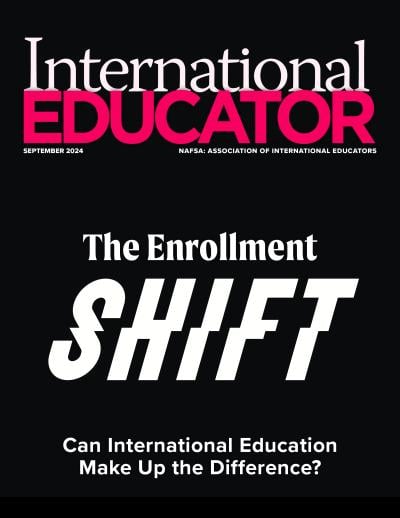Students Without Documents: Possible Approaches for U.S. Universities
As refugees look for ways to better their chances of making a living and being successful in a new country, it comes as no surprise that many will find their way to some of our universities. In fact, this has already begun.
As I have watched the refugee crisis unfold, it has reminded me that this is, sadly, not a new phenomenon, either in the United States or elsewhere in the world. This reminder is especially true for professionals who work in international higher education. Those of you who have been in the profession for a few decades have encountered such situations previously.
For those of you who are newer to international higher education, you may wonder what steps you can take. To put this into perspective, there is no national policy on how U.S. universities must address students without documents because the U.S. higher education system is decentralized. The U.S. Department of Education is dedicated to establishing policies on federal financial aid for education, collecting data and disseminating research, focusing national attention on key educational issues, and prohibiting discrimination and ensuring equal access to education. On the other hand, education itself is primarily a state and local responsibility. It will be up to individuals within U.S. universities to determine their best course of action, with input from the appropriate entity, which might be the state government or a graduate department.
From my own experience at U.S. universities with Hmong refugees from Thailand, Laos, and Vietnam in the mid-1980s, to the Lost











